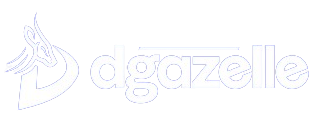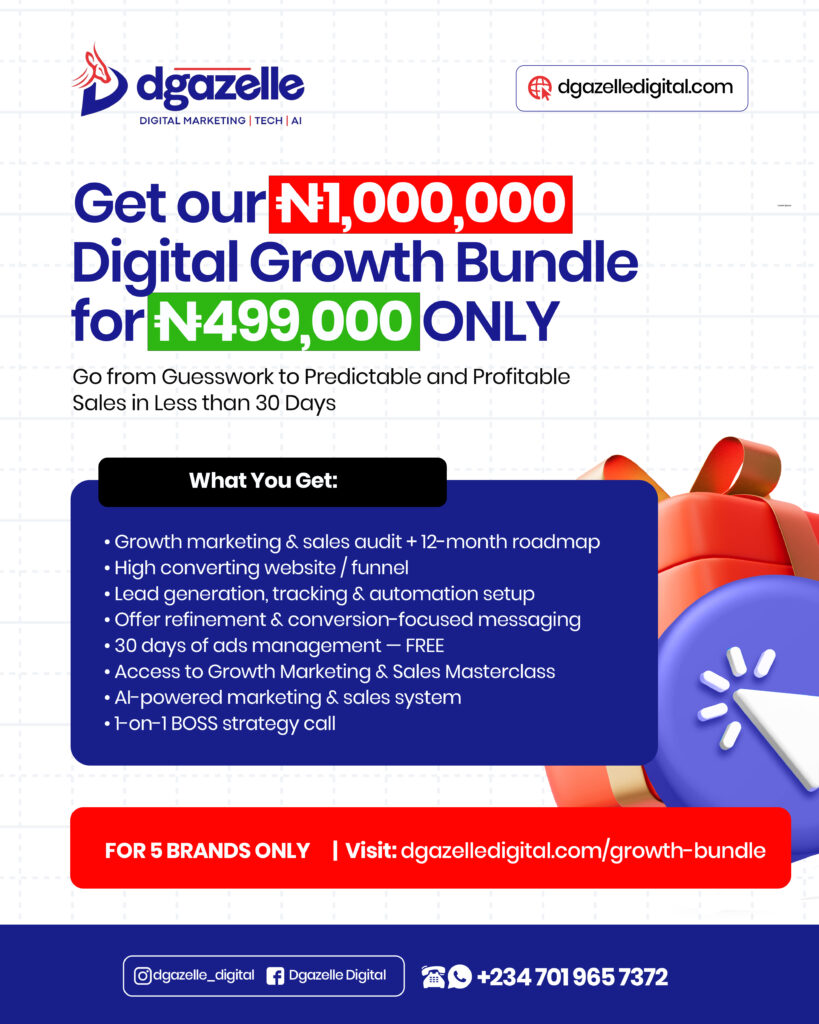
If you’re running a franchise, you know that getting your brand in front of the right customers, in the right locations, is no small feat. Pay Per Click (PPC) advertising can be a game changer for franchises, helping you boost visibility, attract leads, and drive sales across multiple locations. But here’s the catch: franchise PPC isn’t just about throwing money at ads. It requires smart strategies that balance the big brand picture with the unique needs of each local market.
In this guide, we’ll walk you through expert PPC tips tailored specifically for franchises. Whether you’re a franchisor managing multiple locations or a franchisee looking to maximize your local ad spend, these tips will help you get the most out of your PPC campaigns without wasting budget or losing brand consistency.
What Makes Franchise PPC Different?
Let’s Get the Basics Right
Before diving into the tips, it’s important to understand why franchise PPC is a bit different from regular PPC advertising.
Franchises have multiple locations, each serving different local markets. While you want to keep your brand messaging consistent, you also need to customize ads for local audiences, because what works in New York might not work in Dallas.
There are three main ways franchises manage PPC campaigns:
- Corporate managed: The franchisor runs all PPC campaigns centrally, ensuring brand consistency.
- Franchisee managed: Individual franchise locations handle their own PPC advertising.
- Hybrid: A mix of both, where corporate sets the strategy and franchisees manage local campaigns.
Each approach has pros and cons. Centralized control keeps messaging on point but can miss local nuances. Franchisee management allows local customization but risks brand inconsistency. The key is finding the right balance for your business.

Nail Your Keyword Research: The Foundation of Franchise PPC Success
Keywords are the heart of any PPC campaign, and for franchises, keyword research needs to be strategic.
Mix branded and non-branded keywords: Branded keywords (your franchise name, slogans, etc.) protect your turf and make sure your brand shows up when people search for you directly. Non-branded keywords (like “best pizza near me” or “affordable fitness classes”) help you attract new customers who might not know your brand yet.
Go local with geo-targeted keywords: Adding location specific terms like “in Chicago” or “near me” helps you capture people searching for services in their area. For example, “best burger franchise in Seattle” is much more targeted than just “burger franchise.”
Avoid keyword overlap between locations: If two franchise locations bid on the same keywords, you’re basically competing against yourself; driving up costs and lowering efficiency. Make sure each location has its own unique set of keywords.
Use long-tail keywords: These are longer, more specific phrases that often have lower competition and higher intent. For example, “affordable family dentist in Phoenix” is more likely to convert than just “dentist.”
There are plenty of tools like Google Keyword Planner, SEMrush, or Ahrefs that can help you find the right keywords for each location.
Organize Your Campaigns Smartly: Structure Matters
When you’re managing PPC for multiple locations, a clear campaign structure is crucial to keep things organized and effective.
Account setup: You can choose to have one big account managed by corporate or separate accounts for each franchisee. A hybrid model is often best, corporate controls the main strategy, while franchisees manage local campaigns.
Campaigns by location: Create campaigns for each city or region. This lets you tailor budgets, bids, and ads to the local market.
Ad groups by service or audience: Within each campaign, organize ad groups around specific products, services, or customer segments. This helps keep your ads relevant and improves your Quality Score.
Use automation and templates: To save time and maintain consistency, use campaign templates and automated rules where possible. This helps scale your efforts without losing control.
A well structured account makes it easier to analyze performance and optimize campaigns for each location.
Geo-Targeting and Localized Ads: Speak Your Customer’s Language
One of the biggest advantages franchises have is the ability to get hyper local. Geo-targeting lets you show ads only to people in specific locations; down to the city, neighborhood, or even zip code.
Use location specific ad copy: Mention the city or neighborhood in your headlines and descriptions. For example, “Fresh Coffee in Downtown Denver” feels much more personal than just “Fresh Coffee.”
Add local offers and CTAs: Highlight deals or events happening at that specific location. Use calls to action that encourage immediate action, like “Visit us today in Lagos!”
Leverage location extensions: Google Ads lets you add your business address, phone number, and map right in your ad. This builds trust and makes it easy for customers to find you.
Use call extensions: Adding a phone number lets mobile users call you directly from the ad, increasing the chances of immediate contact.
Localized ads connect better with your audience and improve your chances of converting clicks into customers.
Budgeting and Bidding: Make Every Dollar Count
Managing budgets across multiple franchise locations can be tricky, but with the right approach, you can maximize your ROI.
Flexible budget allocation: Not every location performs the same. Allocate more budget to high performing stores and optimize or reduce spend on underperforming ones.
Use automated bidding strategies: Google Ads offers automated bidding options like Target CPA (cost per acquisition) or Target ROAS (return on ad spend) that adjust your bids based on performance data.
Geo-bidding: Increase bids in competitive areas where conversions are more valuable, and lower bids in less competitive markets.
Seasonal and event based adjustments: Boost your bids during peak seasons, holidays, or local events when demand spikes.
Clear budget responsibility: Define who manages the budget, corporate or franchisee, to avoid overlaps or gaps.
Smart budgeting and bidding ensure your ads get the right exposure without overspending.
Craft Ads and Landing Pages That Convert
Clicks are great, but conversions are what really matter. Here’s how to make your ads and landing pages work together to drive results:
Write clear, benefit driven ad copy: Focus on what makes your franchise unique and relevant to the local audience. Use action words and highlight special offers or guarantees.
Test, test, test: Run A/B tests on headlines, descriptions, images, and CTAs to find what resonates best with your audience.
Create localized landing pages: Your landing page should match the ad’s promise and be tailored to the location. Include local contact info, hours, testimonials, and relevant imagery.
Optimize for mobile: Most searches happen on mobile devices, so make sure your landing pages load quickly and look great on phones and tablets.
Simplify the conversion process: Whether it’s filling out a form, booking an appointment, or making a purchase, keep the process easy and straightforward.
A seamless journey from ad click to conversion boosts your campaign’s effectiveness.
Track, Measure, and Optimize: The Key to Long Term Success
PPC is not a “set it and forget it” game. Regular monitoring and optimization are essential.
Track key metrics: Keep an eye on click through rate (CTR), conversion rate, cost per acquisition (CPA), and return on ad spend (ROAS).
Use analytics tools: Google Analytics, Google Ads reports, and third-party platforms can help you analyze performance across locations.
Identify winners and laggards: See which locations and campaigns are driving the best results and which need adjustments.
Optimize based on data: Pause or tweak underperforming ads, adjust bids, refine keywords, and update ad copy regularly.
Stay agile: Market conditions change, so be ready to adapt your strategy as needed.
Consistent optimization ensures you get the most out of your PPC budget.
Avoid These Common Franchise PPC Mistakes
Even experienced marketers slip up sometimes. Here are some pitfalls to watch out for:
Internal keyword competition: Make sure franchise locations aren’t bidding against each other on the same keywords.
Ignoring local customization: Generic ads won’t connect with local customers. Customize your messaging and targeting.
Neglecting mobile users: Mobile optimization is critical, don’t lose potential customers because your site or ads aren’t mobile friendly.
Poor budget control: Without clear budget management, you risk overspending or leaving money on the table.
Lack of performance tracking: If you don’t measure results, you can’t improve.
Avoiding these mistakes will save you money and improve your campaign’s effectiveness

When to Bring in the Experts: PPC Agencies and Tools
Managing franchise PPC can be complex, and sometimes it makes sense to get help.
PPC agencies: Agencies with franchise experience can provide strategic oversight, manage campaigns, and optimize performance. They bring expertise and save you time.
Management tools: Platforms like WordStream, SEMrush, or Google Ads Editor help streamline campaign management, especially for multi-location setups.
Automation: Use tools for bid management, reporting, and ad creation to scale your efforts without losing control.
Partnering with the right experts and tools can accelerate your franchise’s PPC success.
Wrapping It Up: Take Control of Your Franchise PPC Today
Running PPC campaigns across multiple franchise locations is challenging, but with the right strategies, you can turn it into a powerful growth engine. Remember to:
- Balance brand consistency with local customization
- Research and organize keywords carefully
- Use geo-targeting and localized ad copy
- Manage budgets and bids smartly
- Create ads and landing pages that convert
- Track performance and optimize regularly
- Avoid common mistakes that waste budget
- Consider expert help when needed
Start applying these expert PPC tips today, and watch your franchise thrive in local markets. The right PPC strategy can help you connect with customers, boost sales, and build a stronger brand.
If you want help tailoring your franchise PPC campaigns or need a partner to manage your ads, feel free to reach out to Dgazelle Digital Agency. Let’s make your franchise PPC work smarter, not harder!









